Latest mistaken releases expose deep cracks in England’s prison system
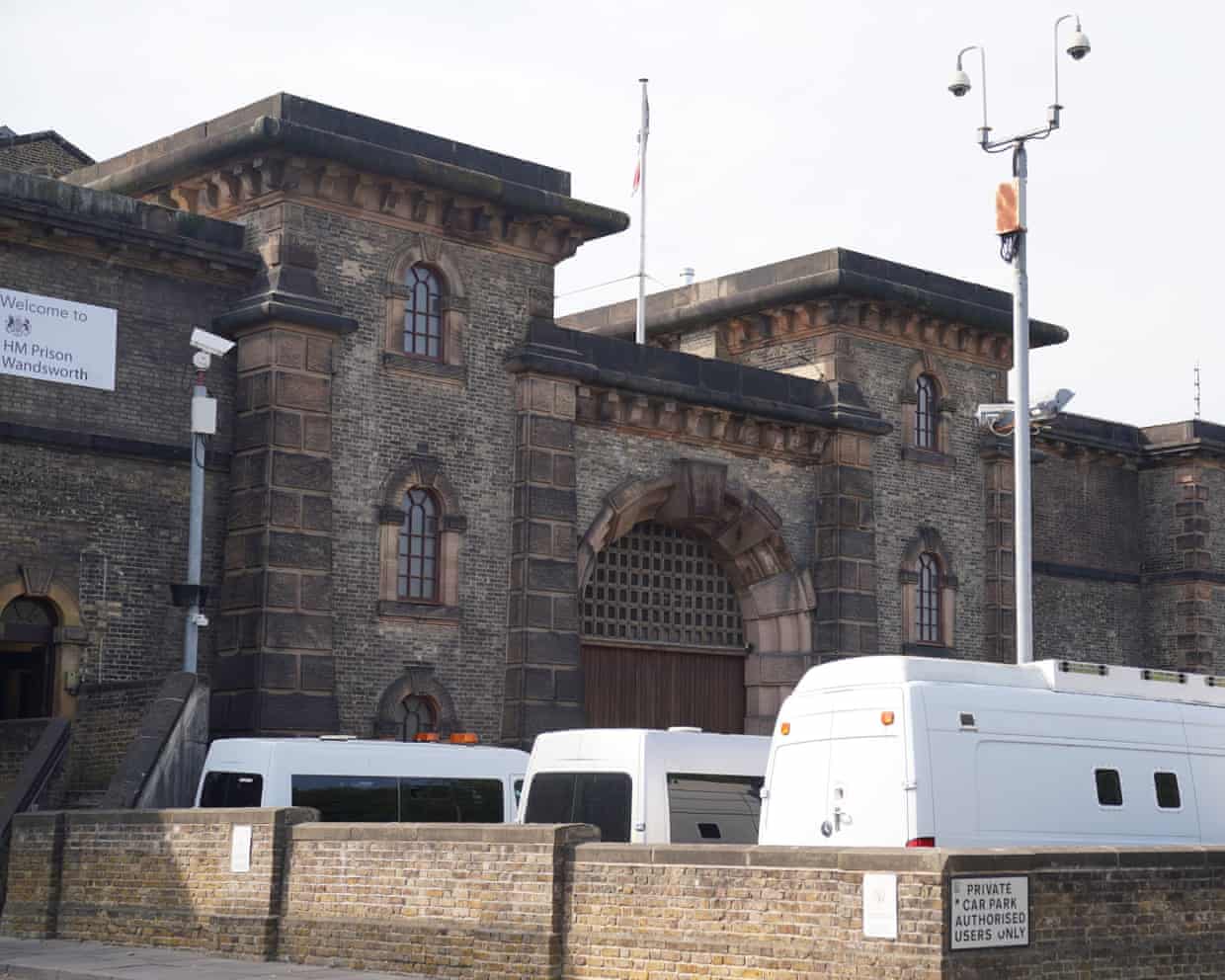
The mistaken release of a second foreign prisoner has forced ministers to re-evaluate their security and release procedures and will once again shine a spotlight on the well-documented problems at HMP Wandsworth,Much of the concern centres on poor technology and poor communication between prisons, the Ministry of Justice and the courts – the three bodies responsible for overseeing the movement of England and Wales’s 87,000 inmates,During the government’s emergency prison release scheme in September 2024 to tackle overcrowding, 37 inmates were freed in error after their offences were wrongly logged under repealed legislation,A computer system designed to automate the calculation of release dates has failed to function as planned, forcing prison staff to work out complex calculations by hand using calculators,With nearly 20% of prisoners being held on remand, increasing numbers are being transported between prison and courts for hearings.
There are rising complaints from staff that warrants are being lost and misplaced as prisoners are being moved between jails.Without a warrant, staff have no legal power to keep prisoners in custody.Inexperienced staff are being left with large caseloads of prisoners to process due to the high turnover of people coming through the prison system.In the 12 months to March this year, 262 prisoners were released in error, a 128% increase from 115 the previous year, according to government data.The vast majority (233) occurred in prisons, while the remaining 29 happened in courts.
These mistakes largely passed without comment until it emerged last month that Hadush Kebatu, the former asylum seeker whose sexual offences and subsequent legal case triggered violent unrest in Essex this summer, had been accidentally released from HMP Chelmsford.On the day Kebatu was freed, a delivery driver said he saw him return to the prison in a “very confused” state four or five times, only to be turned away by staff and directed to the railway station.Chaos at HMP Wandsworth was laid bare in September 2023 when a prisoner escaped.The former soldier Daniel Khalife, later found guilty of spying for Iran, escaped from the south-west London jail by clinging to the underside of a food delivery truck.He was caught days later on a canal towpath by a plainclothes detective.
The prison was put into special measures last year and was among 10 jails issued with an urgent notice to improve since November 2022.The chief inspector of prisons, Charlie Taylor, said HMP Wandsworth was “still reeling” from Khalife’s escape and that security remained a “serious concern”.It emerged in court that two guards checked the truck with a torch and mirror and allowed it to leave the prison, despite telling the driver someone was missing.In 2024, inspectors said the turmoil they found at the “severely overcrowded” HMP Wandsworth was the result of “sustained decline permitted to happen in plain view of leaders”.They warned that guards did not always know where prisoners on their wings were, despite an investment of almost £900,000 since the escape.
David Lammy, the justice secretary, will want to know why the five-page set of checks that he introduced just over a week ago failed to stop the latest release errors.The instructions required more senior prison staff to sign off a release, with a duty governor made personally responsible for an inspection of release procedures.The best public interest journalism relies on first-hand accounts from people in the know.If you have something to share on this subject, you can contact us confidentially using the following methods.Secure Messaging in the Guardian appThe Guardian app has a tool to send tips about stories.
Messages are end to end encrypted and concealed within the routine activity that every Guardian mobile app performs.This prevents an observer from knowing that you are communicating with us at all, let alone what is being said.If you don't already have the Guardian app, download it (iOS/Android) and go to the menu.Select ‘Secure Messaging’.SecureDrop, instant messengers, email, telephone and postIf you can safely use the Tor network without being observed or monitored, you can send messages and documents to the Guardian via our SecureDrop platform.
Finally, our guide at theguardian.com/tips lists several ways to contact us securely, and discusses the pros and cons of each.
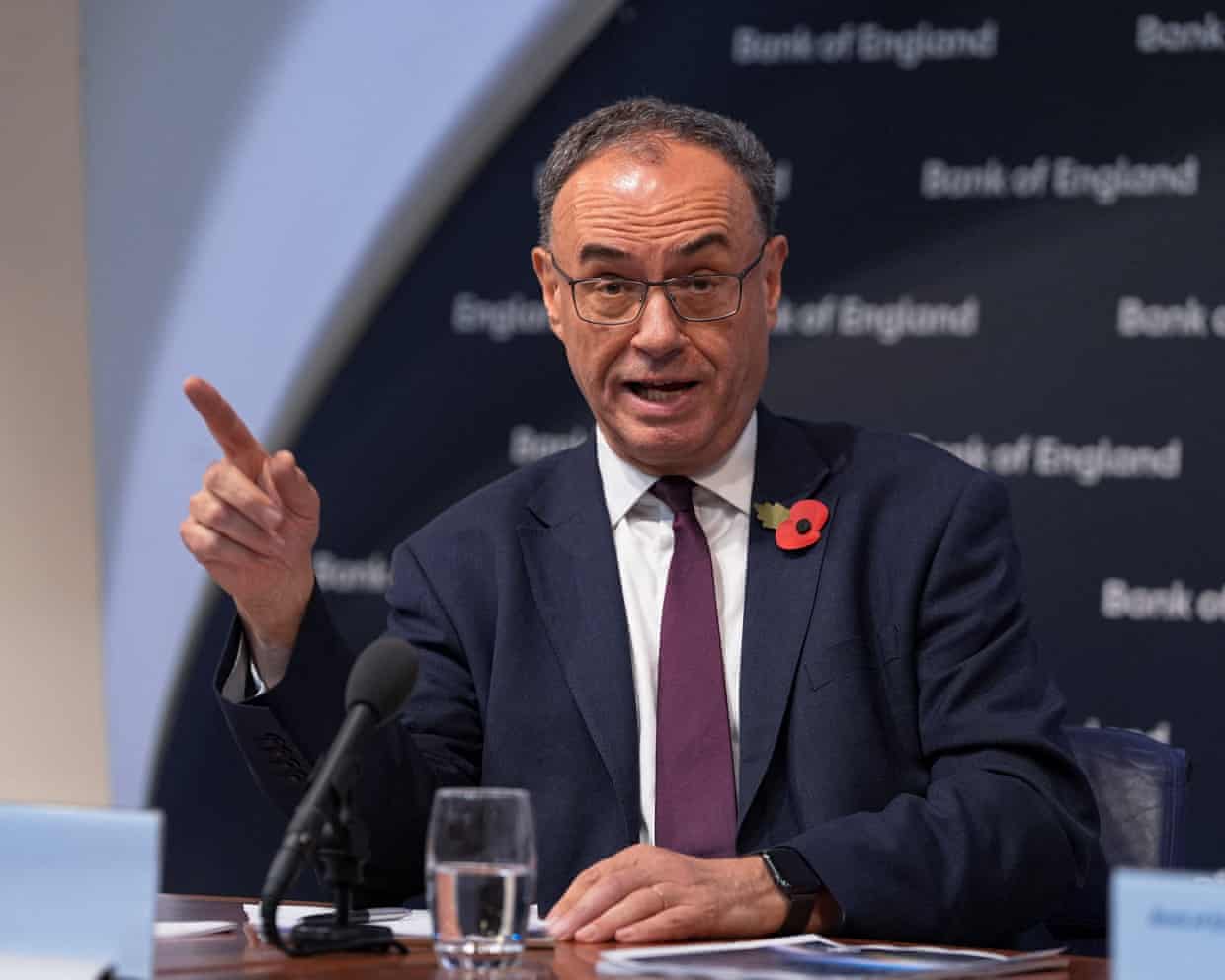
Bank of England says UK inflation has peaked after leaving rates at 4%; US job cuts jump as firms turn to AI – as it happened
Newsflash: The Bank of England believes the recent rise in UK inflation is over.Announcing today’s decision to leave interest rates on hold, the Bank declares “CPI inflation is judged to have peaked.”UK inflation has been recorded at 3.8% in July, August and September – and the Bank is expressing confidence that the process of ‘disinflation’ isn’t over.Its latest Monetary Policy Report, just released, predicts that inflation is likely to fall to close to 3% early next year before gradually returning towards to the 2% target over the subsequent year
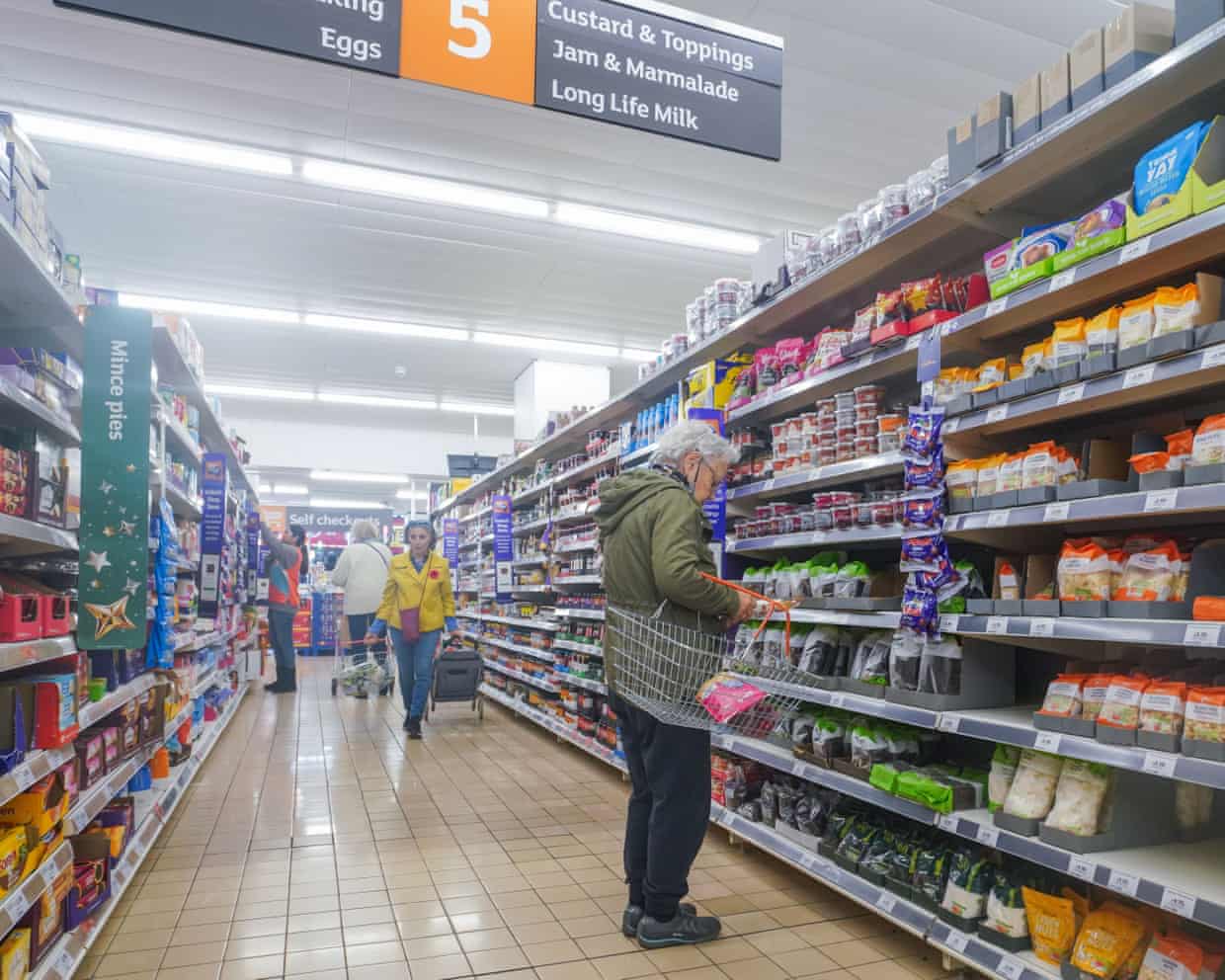
Sainsbury’s says shoppers are delaying spending in run-up to budget
The boss of Sainsbury’s has urged Rachel Reeves not to fuel inflation with tax rises on retailers and their suppliers and says shoppers are delaying spending in the lead-up to her budget later this month.Simon Roberts, the chief executive of the UK’s second biggest supermarket, which also owns Argos and Habitat, said his customers were “going to be cautious on discretionary spending, not least because of uncertainty out there and [household] budgets are tight”.He said Argos had launched its deals for the Black Friday promotional event earlier than last year to try to tempt out shoppers as it was seeing “some delayed spend” while households waited to see if they would have to pay more tax.Roberts said it was not clear if food price inflation had peaked, adding: “The inflationary pressures on cost base have been significant this year … What we don’t want to see [in the budget] is further impacts that may cause further inflation.“No one wants to see inflation go any higher

Bank of England’s decision to keep interest rates at 4% is not all doom and gloom
There were reasons to be cheerful contained within the Bank of England’s latest verdict on the outlook for the UK economy, released alongside its decision to leave interest rates unchanged at 4%.Inflation, it said, had peaked at 3.8% and was expected to fall steadily back to the Bank’s 2% target sometime in 2027. That is an improvement on its thinking in August (the last time it published forecasts), when inflation was expected to peak at 4%.As inflation falls, economic growth picks up from 1
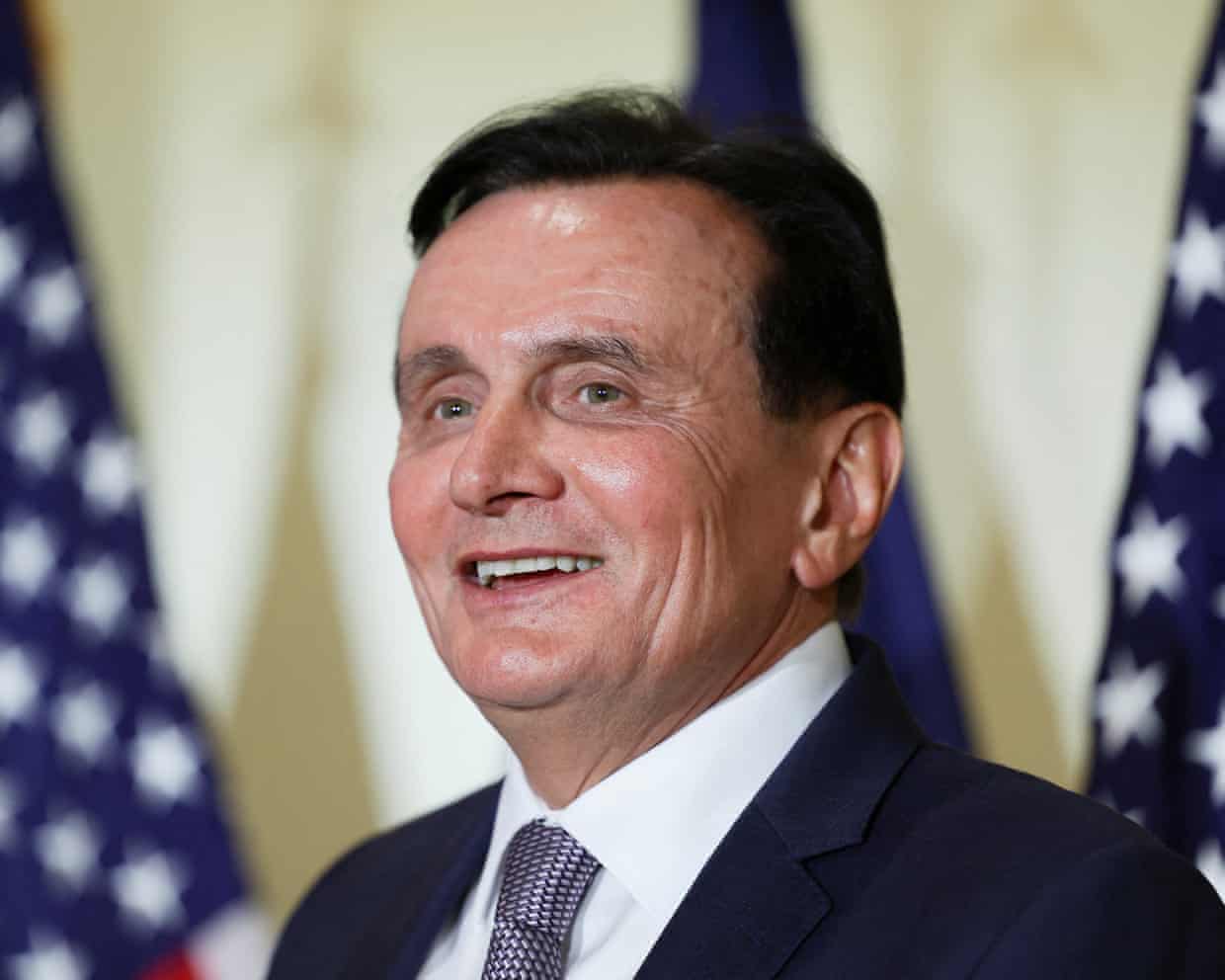
NHS won’t get cutting-edge drugs unless it pays more, says AstraZeneca boss
The boss of AstraZeneca has said that unless the UK ramps up spending on new drugs, it could be on a trajectory to only being able to afford cheap, generic medicines rather than cutting-edge treatments.Pascal Soriot made the remarks amid an acrimonious standoff between the pharmaceutical industry and the government over drug pricing, which has been blamed for drugmakers pausing or ditching nearly £2bn of investments in the UK this year.Britain has been heavily criticised by pharma executives, as well as high-profile scientists such as Sir John Bell, for not spending more on medicines, putting it out of line with other countries.“To say that countries will only be able to afford generics [drugs] is only an extreme case,” Soriot said on Thursday, emphasising that “it’s not the case today of course, but if things continue to deteriorate the way they do … it is actually possible that it happens over time, if the ongoing trend that has been in place for 15-20 years doesn’t change.”Soriot noted that the National Institute for Health and Care Excellence (Nice) cost-effectiveness thresholds for new drugs had not changed for two decades, “and we’ve had a lot of inflation in the last five years”
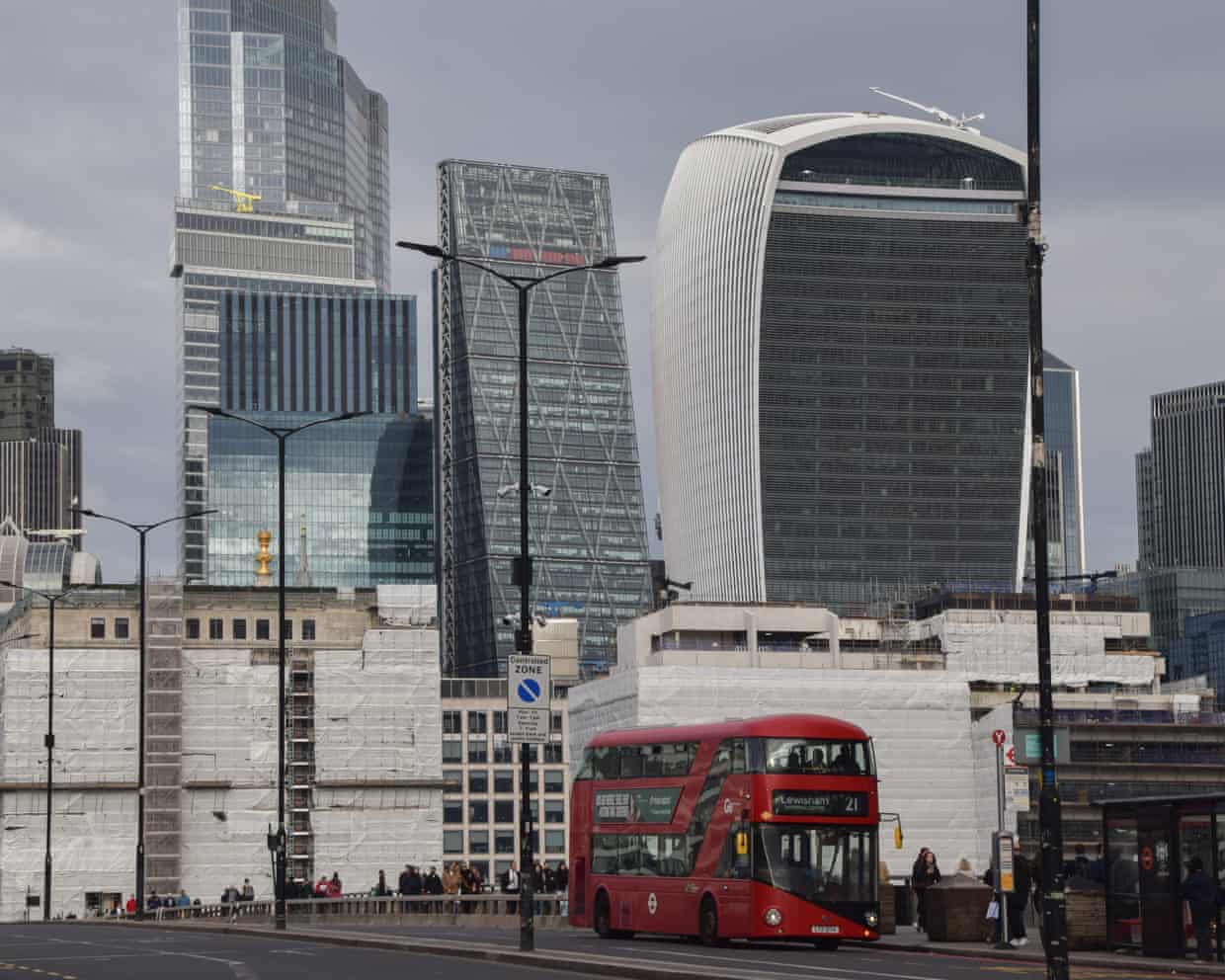
Banks poised to escape tax rises in Rachel Reeves’s budget
The chancellor has decided against increasing taxes on banks in this month’s budget, according to reports, which sent UK bank shares higher on Thursday.Shares in the high street banks NatWest and Lloyds rose by about 2%, putting them among the top risers on London’s FTSE 100.Despite speculation in the run-up to the 26 November budget, Rachel Reeves has reportedly told colleagues that she does not intend to impose further taxes on the UK banking sector, as she wants it to remain competitive to help support economic growth, according to the Financial Times.Banks currently pay a corporation tax rate of 28%, which includes a 3% surcharge on top of the standard corporation tax rate of 25%.Fresh calls for a new tax raid on lenders were raised in August in a paper by the Institute for Public Policy Research thinktank, which calculated such a move could raise as much as £8bn
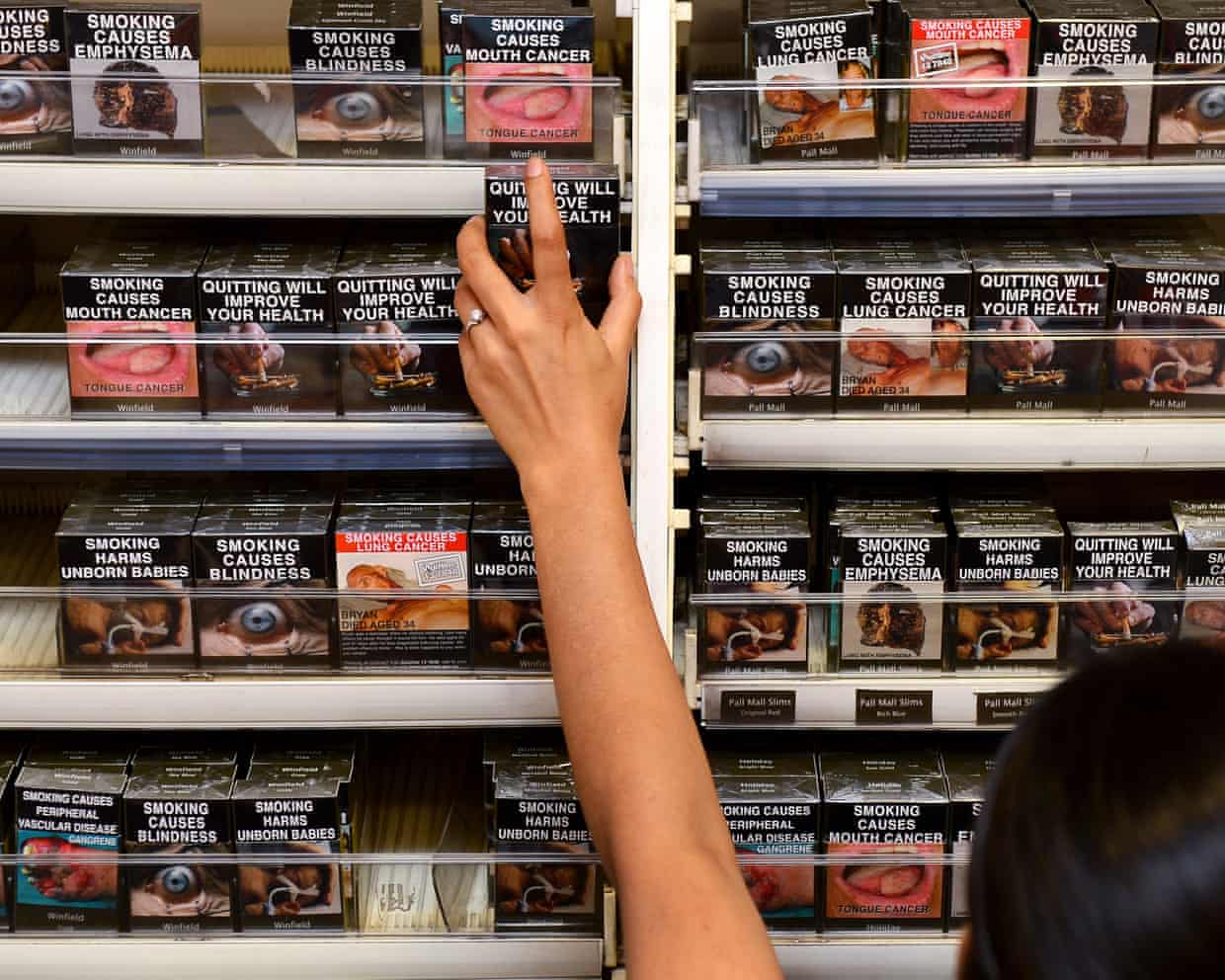
Illegal tobacco burns $3.3bn hole in Australia’s tax revenue, crime agency says
The illegal tobacco market has left a $3.3bn hole in the federal government’s finances, with Australia’s national criminal intelligence agency warning organised crime’s dominance of the market is continuing to grow.The Australian Taxation Office believes the illegal trade now accounts for one in five tobacco sales, which has led to reduced tax revenues despite the government’s excise on legal cigarettes reaching almost $30 for a pack of 20 sticks in September. The excise has increased almost eightfold since 2006, when it was $4.65

Mirepoix kimchi and vegetarian umami chilli: Kenji Morimoto’s recipes for cooking with homemade ferments
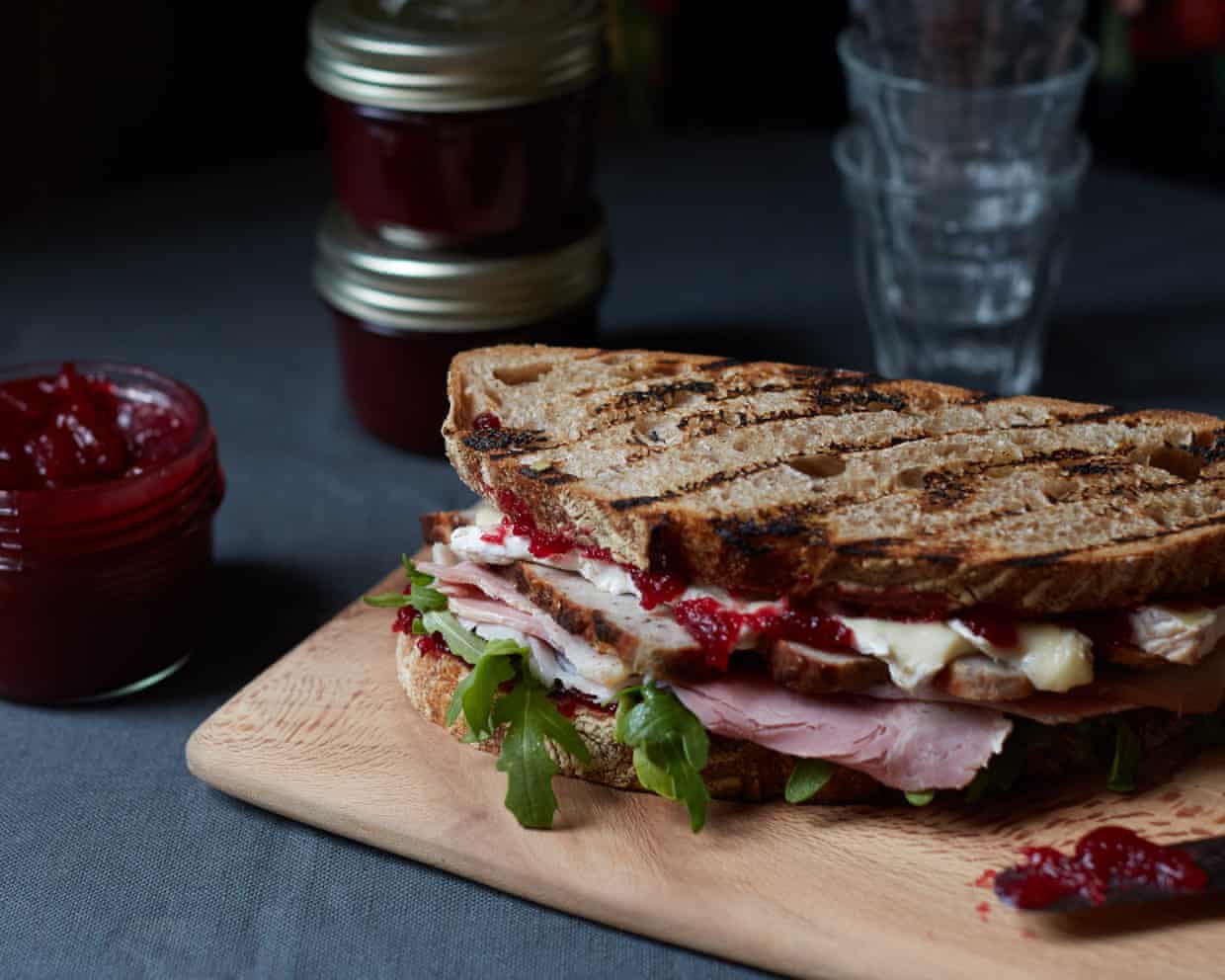
The many uses of leftover chutney, from breakfast to soups and glazes | Kitchen aide
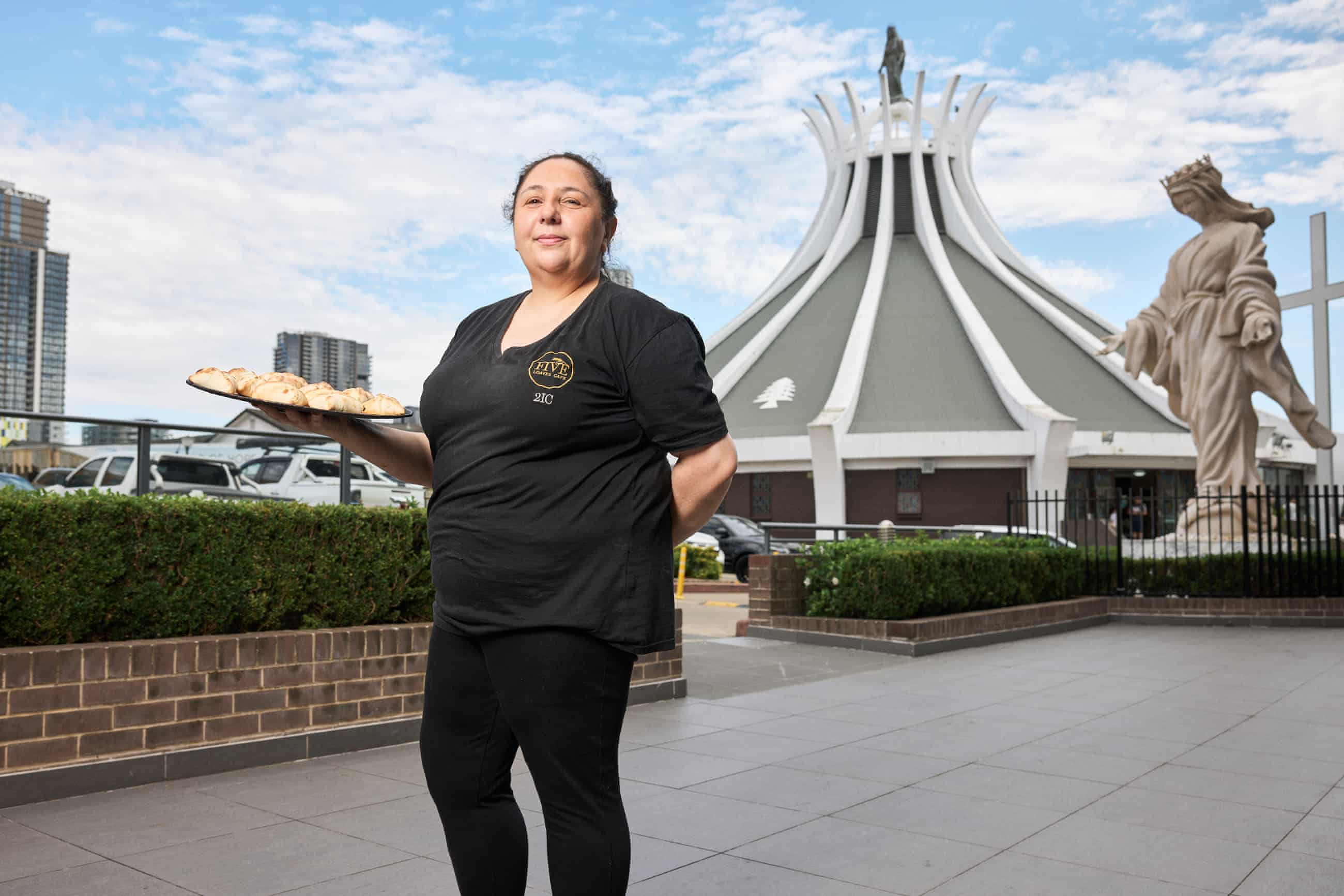
Divine dining: Australian church restaurants claim their own devout followings

How to make rotis – recipe | Felicity Cloake's Masterclass

Pancakes, cheesecakes, dips, breads, mousses and … ice-cream? 17 mostly delicious ways with cottage cheese

Franc, Canterbury, Kent: ‘Just great, great cooking’ – restaurant review | Grace Dent on restaurants